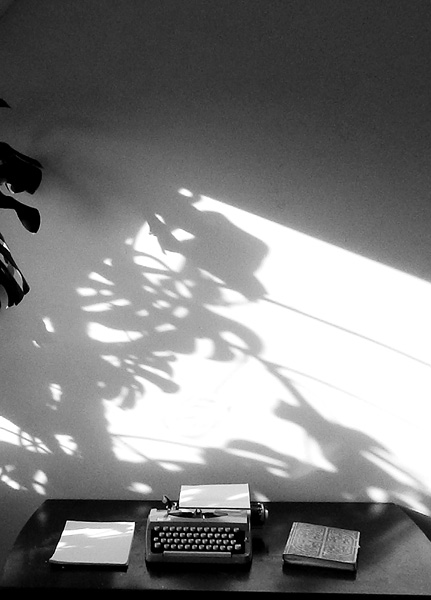
UNTITLED XX
first performed on September 21, 2014
Projekthaus on Jessnerstr, Berlin, Germany
ongoing performance for 123 days in 2014
ISMAEL OGANDO
Berlin, Germany
870339682o870339682g870339682a870339682n870339682d870339682o870339682@870339682s870339682a870339682v870339682v870339682y870339682-870339682c870339682o870339682n870339682t870339682e870339682m870339682p870339682o870339682r870339682a870339682r870339682y870339682.870339682c870339682o870339682m
ismaelogando.com
UNTITLED XX
ISMAEL OGANDO
For this piece—a research project conducted using tools of anthropological field research of Social Psychology for hypothesis validation—I infiltrated an intimate group of 47 Neo-Nazis with the intention to obtain and steal data through the tactics of observation and emulation, data which belongs to a particular segment of German society, a cultural context I have been studying since 2012: “Neo-Fascism.”
The group covers their modus vivendi under a political direction proportionally inverse to their actual doctrine, concealed by political correctness. The aim of my performative research was to undermine the strong presence of racist statements, which in my opinion limited people of colour and/or non-European activist and causes from having relevant presence in the political spectrum. I spent four months sharing a communal house in the heart of a gentrified Friedrichshain with 47 German individuals ranging between 26 to 50 years old, neo-Nazi militants disguised as average left-wing people.
My concerns for conducting such research began with the issues related to a political movement that African asylum seekers started in October 2012, where the politically left scene of Berlin later appropriated as the only German socio-political structure with interest in solidarity and support. As a result of such a phenomenon, the “Refugee Strike” movement lost credibility and degenerated.
My intention with this piece was to study in a closer, yet suicidal approach, the behaviour and intimacy of the white “supporters” who all fit in the collective profile of “German left wing” individuals living in former squatted houses (today known as collective house projects) to expose certain flaws. I infiltrated as an activist interested in renting a room, having then the privilege to take a closer look from inside.
Once inside, I performed a silent interaction as a passive subject to experience other than impositions and shocking demands and accusations registered in a crescendo mode day after day. During four months, I conducted one-on-one interviews, collected trashed letters and mapped the relation between the 47 members of the house with the far-right party in Germany. At the end, I assembled and archived one single item and several pages of evaluations.